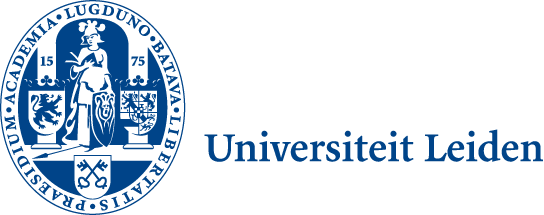- Leiden University
- Leiden Institute of Chemistry
- Master's Programmes
Thesis Talk: Bruno Rosch
Thesis Talk
Synthesis of MAGL Degraders Recruiting E3 Ligases: VHL, KEAP1, MDM2 and IAP
Bruno Rosch
- Date
- Friday 05 Dec 2025
- Time
- 11:00 - 11:30
- Location
- BW008
- Supervisor
- Mario van der Stelt
- 2nd reviewer
- Stephan Hacker
- Jury
- Jeroen Codee
The endocannabinoid system (ECS) plays a vital role in regulating numerous physiological processes, including neurological and psychiatric functions, as well as cognitive and behavioural mechanisms such as memory, mood, pain perception, stress response, and neuroplasticity. The primary signalling lipid 2-arachidonoylglycerol (2-AG) activates cannabinoid receptors CB1 and CB2 and is predominantly degraded by monoacylglycerol lipase (MAGL). MAGL serves as a key regulator of endocannabinoid signalling by hydrolysing 2-AG, thus terminating receptor activation and releasing arachidonic acid, a precursor to pro-inflammatory prostaglandins. Due to its central role in modulating both cannabinoid and eicosanoid pathways, MAGL has emerged as a promising therapeutic target for target protein degradation (TPD). In this thesis, the development of multiple reversible MAGL proteolysis targeting chimeras (PROTACs) is described with four different E3 ligases: Von Hippel-Lindau (VHL), Inhibitor of Apoptosis Proteins (IAP), Kelch-like ECH-Associated Protein 1 (KEAP1) and Mouse Double Minute 2 (MDM2). In future studies, these PROTACs can be tested and optimised for improved MAGL degradation.
Are you interested in the MSc Chemistry or MSc Life Science & Technology programme?
Find out more about the programmes, career prospects & how to apply.

